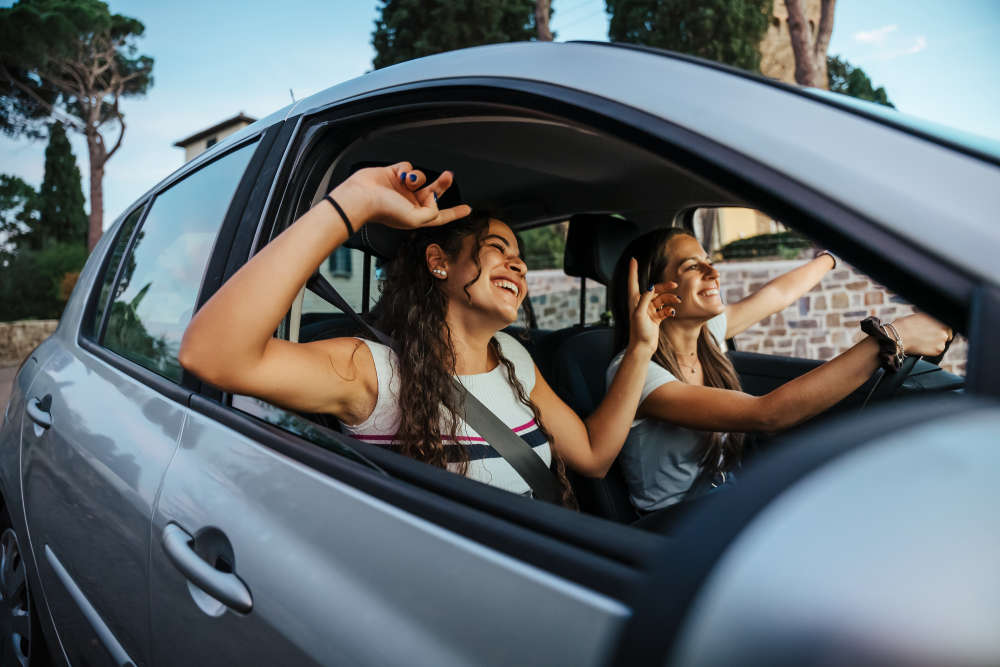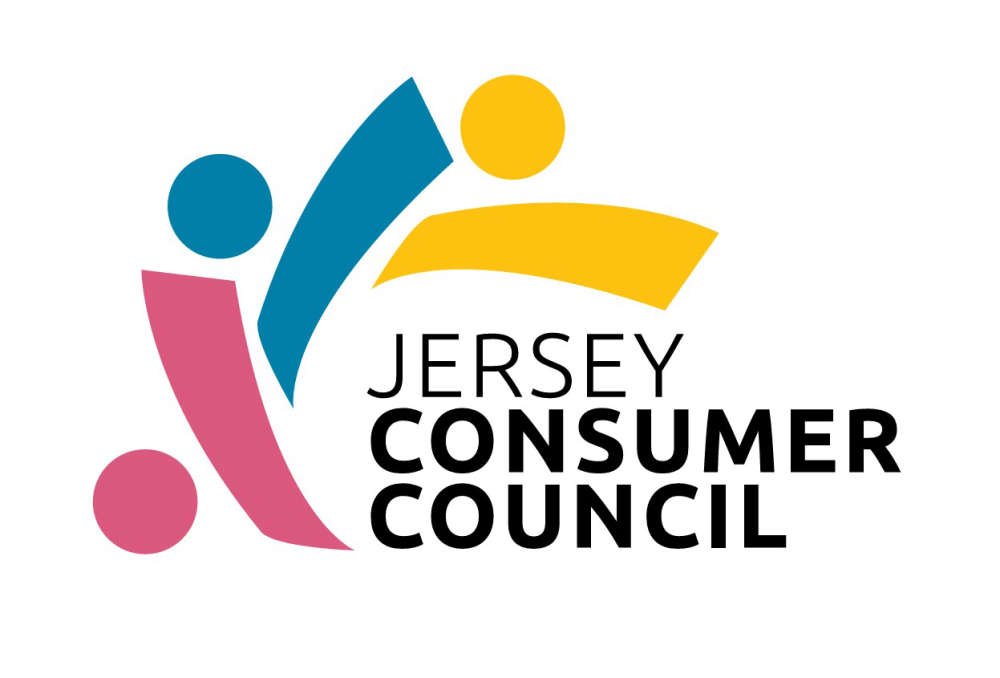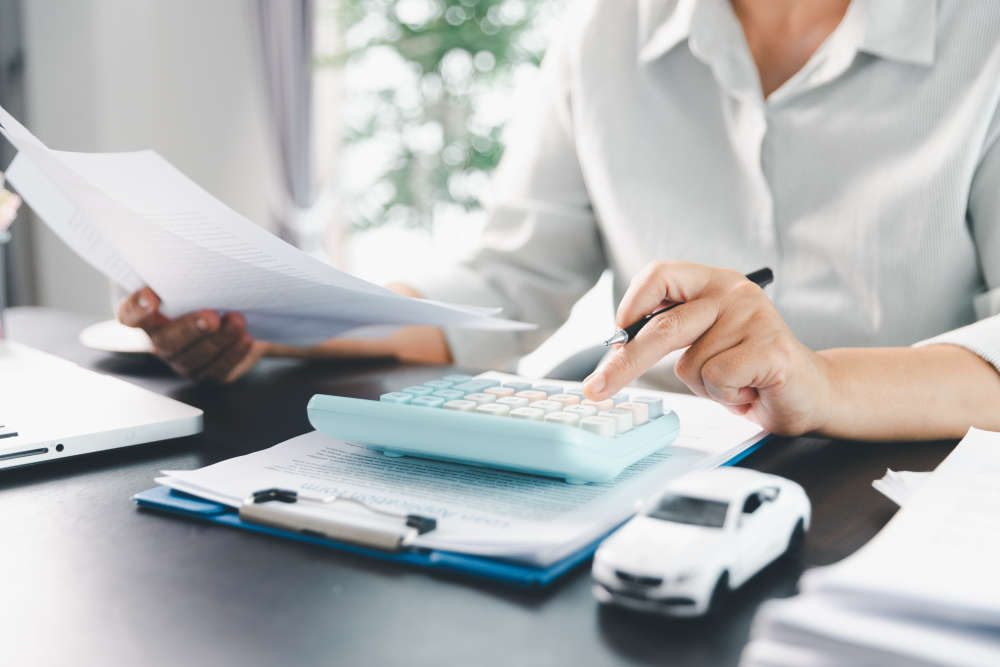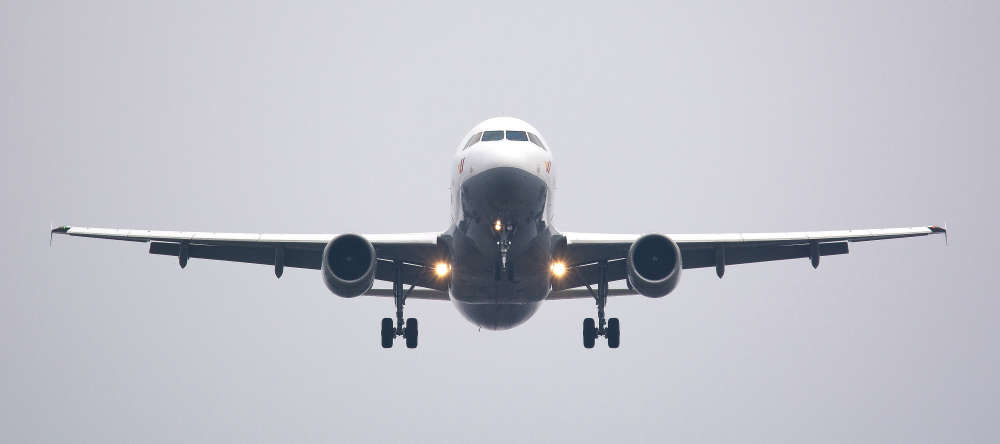
Did you know that you can save money on your petrol not only by shopping at the cheapest forecourt, but also by the way you maintain – and even drive – your car?
While filling your car with fuel can still be an eye-watering affair, it would be fair to say that petrol and diesel costs have stabilised in recent months.
Since we started sharing the Jersey Consumer Council’s price comparison work in the Jersey Evening Post, we have seen some fuel retailers work hard to become more competitive and have, to an extent, seen a mini price war break out between the top few cheapest retailers.
A quick glance at our petrol prices on Prices.je will show you that the price difference between the cheapest and the most expensive is almost 30 pence per litre some weeks. That soon adds up when you fill up your tank completely.
But did you know that you can save money on your petrol not only by shopping at the cheapest forecourt, but also by the way you maintain – and even drive – your car?
Get the best price
- Find the forecourt closest to your house, work, or on your route, that is selling at the best price by using Prices.je.
- Most forecourts with the same branding sell at the same price, but not all. Just because you can get one price in St Martin does not mean it will be the same at the same branded garage in St Ouen.
- Sign up for one of the free loyalty schemes offered by the suppliers, as you will often benefit from discounts, or accumulate cash for use at a later date.
Drive wisely
- Avoid stopping and starting, if possible. Gently roll up to the red traffic light or yellow line.
- Lower your speed and drive in the highest gear for that speed (within the speed limit).
- Accelerate away slowly and, when driving, try to maintain your speed and keep the revs between 1,500 to 2,500 rpm (petrol) and 1,200 to 2,000 rpm (diesel).
- Brake gently too, rather than leaving it late and wasting energy (unless an emergency stop is required). Keep in gear when braking as this uses very little fuel.
- Keep the number of times you change gear to a minimum. Many new cars have gear change indication on the dashboard which shows the most economical gear to be driving in at any one time.
- When approaching a hill, accelerate a little ahead of time and ease off as you drive up, which will minimise fuel consumption.
- Jersey’s speed limits range from 15 to 40 mph. According to the RAC, when driving in the UK, driving between 50 to 60 mph is the best for fuel efficiency. The faster you drive the more fuel you use. Cruise control can be used in the UK or Europe, but is no real benefit on our roads.
Maintain and tidy your car
- Check your tyre pressure to reduce drag and effort on your engine. The correct pressure for your vehicle will be stated in the car manual.
- Check the oil levels and get it serviced regularly.
- Clear out anything in the boot that you don’t need for every journey. Any extra weight uses more fuel.
- Take off the roof rack, roof box or cycle rack, as these create drag and add weight. And make sure your boot is empty.
- It’s great to support your football team, but patriotic flags, stuck on the window or aerial, will cost you as they will create drag and add weight.
Don’t warm up the car
- Modern day cars don’t need to be warmed up before driving which means you’re not wasting fuel.
- Keep air con to a minimum.
- If the window is iced over, use a scraper to clear it rather than cranking up the heater to warm up the window. In the summer, open the window and let that fresh air in, although driving with your windows and sunroof open increases drag, and therefore the amount of fuel you will use.
- When you do need to use the heater or cooler, keep it to a minimum as it is one of the biggest uses of fuel.
Plan your journey
- If you’re unsure where you’re going it’s worth using a sat nav to get you there using the quickest route. Most newer models will redirect you to avoid traffic jams or roadworks so you don’t waste time and fuel in a traffic jam.
- Make your journey as efficient as possible by planning your stops so you don’t have to go back on yourself.
- Reduce the time you use your car by car-sharing or using the bus service.

 Travel guidance for The Middle East
Travel guidance for The Middle East
 Motorists urged to check car finance deals – download our template letters
Motorists urged to check car finance deals – download our template letters
 Blue Islands – Negative Response Letter
Blue Islands – Negative Response Letter